Natural Boosters for ADHD: Unraveling the Power of Supplements

So, you've heard about ADHD supplements and are curious about diving deeper? Well, you're in the right place. Let's unravel the world of natural supplements that many claim can help manage ADHD symptoms. But remember, while these might sound promising, always consult with a healthcare professional before making any changes to your regimen.
Nootropics for ADHD: Are They the Brain's Best Friend? #
"What are nootropics?" you might ask. Think of them as brain boosters. They're substances believed to enhance cognitive function. But how do they fit into the ADHD puzzle?
L-Theanine to Calm Down and Get Grounded #
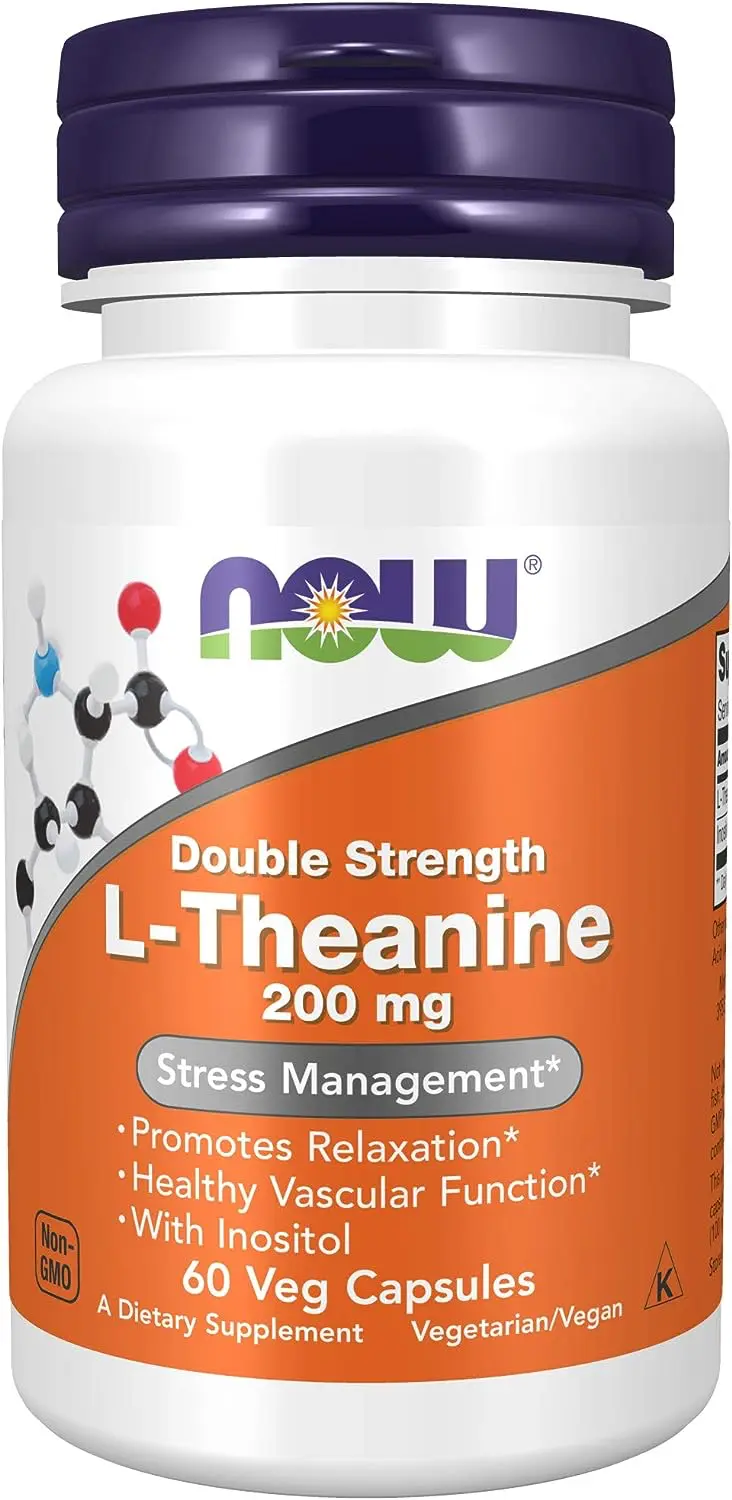
-
Brain Waves: L-Theanine is known to promote alpha brain wave activity. What does this mean? Alpha waves are associated with a state of relaxed alertness. For someone with ADHD, this could translate to a calm focus, making tasks seem less daunting.
-
Neurotransmitter Balance: L-Theanine can influence the levels of certain neurotransmitters in the brain, including dopamine, serotonin, and GABA. This balancing act can potentially lead to improved mood, better focus, and reduced impulsivity.
-
Stress Reduction: Chronic stress can exacerbate ADHD symptoms. L-Theanine's ability to lower cortisol, the stress hormone, can be a game-changer for someone constantly feeling on edge.
Imagine sipping on a cup of tea, feeling the world slow down just enough for you to catch up. That's the L-Theanine effect.
I recommend getting the L-Theanine from NOW Supplements.
Lion's Mane to Supercharge your Brain #
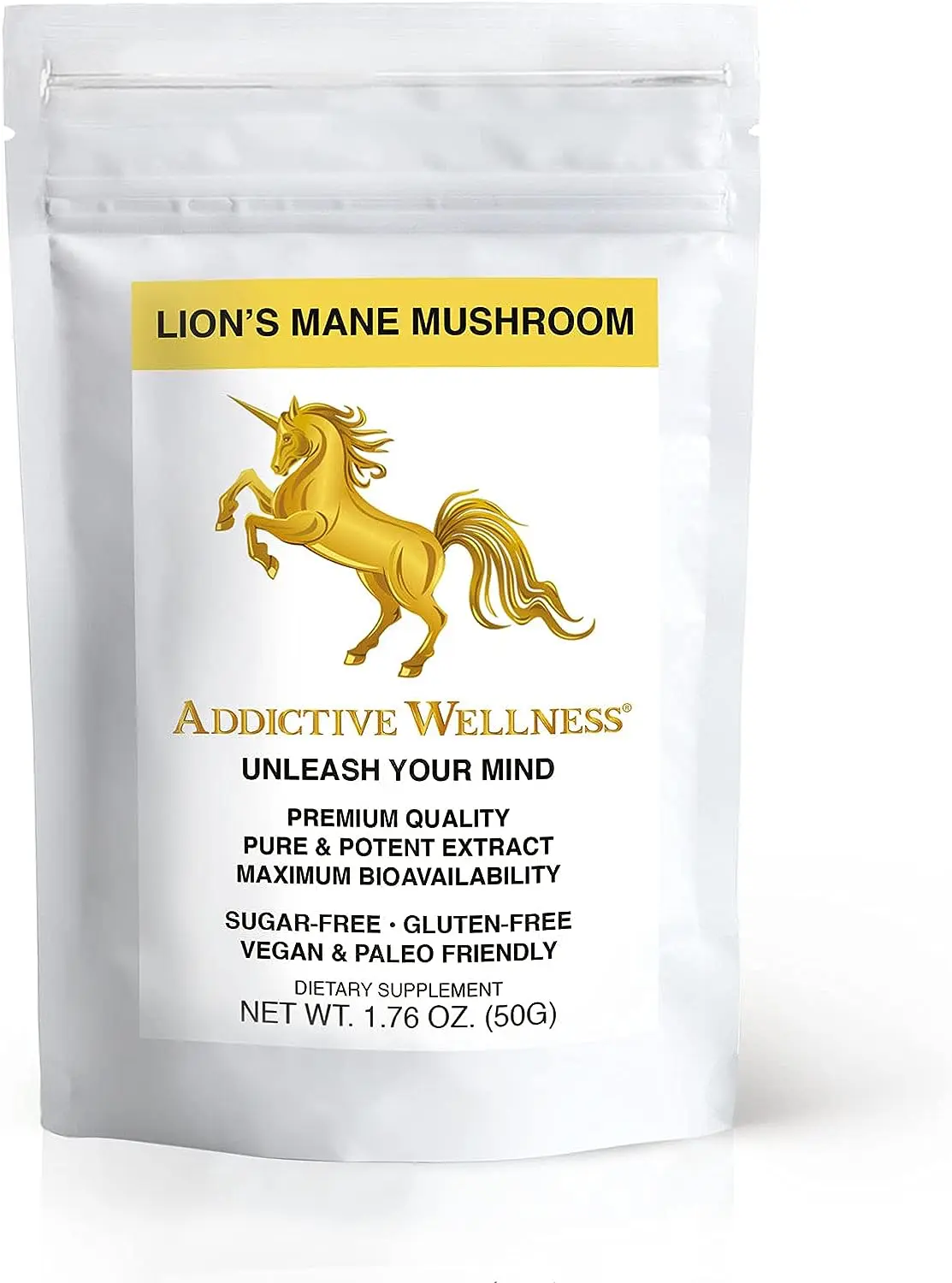
-
Nerve Growth Factor (NGF): Lion's Mane is believed to boost NGF, a protein that plays a crucial role in the health and growth of nerve cells. For the ADHD brain, this could mean better neural connections and improved cognitive function.
-
Mood and Memory: Some studies suggest that Lion's Mane can improve mood and memory. Given that ADHD can sometimes come with co-existing mood disorders or memory challenges, this mushroom might offer dual benefits.
-
Antioxidant Power: Oxidative stress can harm brain health. Lion's Mane packs a punch with its antioxidant properties, potentially protecting the brain from such damage.
Think of Lion's Mane as a nurturing force, ensuring your brain's pathways are clear and vibrant.
The Lion's Mane from Addictive Wellness is an excellent choice.
Tyrosine to Increase Dopamine Naturally #
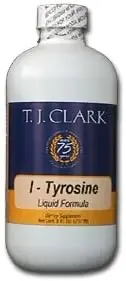
L-Tyrosine, an amino acid found in various foods, plays a pivotal role in the production of several neurotransmitters, especially dopamine.
-
Dopamine Regulation: Dopamine is often termed the "feel good" neurotransmitter. It's crucial for motivation, reward, and attention. Given that ADHD is often linked to dopamine dysregulation, supplementing with Tyrosine might help bridge the gap.
-
Stress Resilience: Tyrosine can also play a role in how our bodies respond to stress. By ensuring adequate dopamine production, especially during stressful times, Tyrosine can help maintain cognitive function.
-
Cognitive Benefits: Beyond dopamine, Tyrosine is a precursor for other neurotransmitters like norepinephrine and epinephrine. This means it can potentially influence attention, memory, and even mood.
Imagine a backstage worker, ensuring every actor (neurotransmitter) is ready for their role, making the entire show (your brain) run smoothly. That's Tyrosine for you.
Ginkgo & Ginseng to Improve Blood Flow to the Brain #
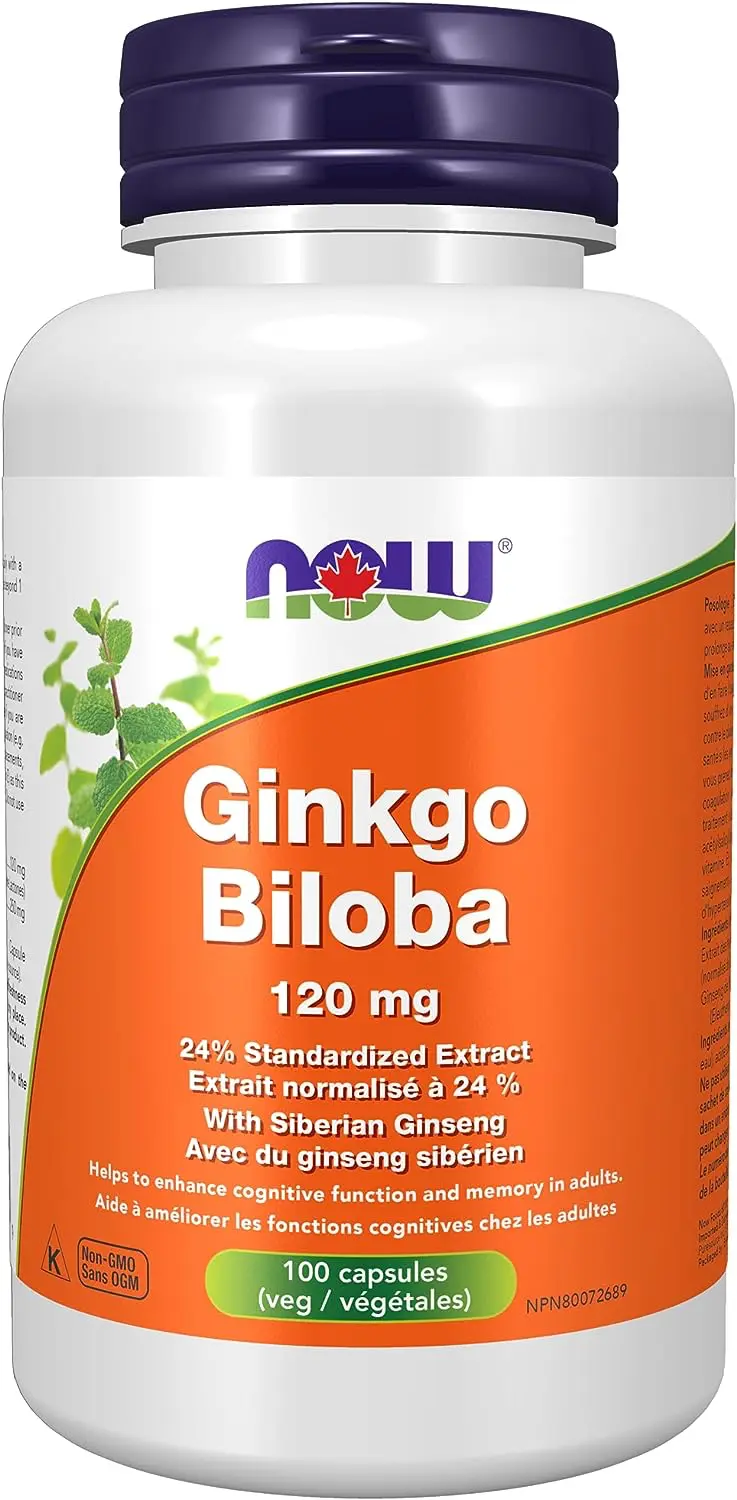
Both Ginkgo Biloba and Ginseng have been used in traditional medicine for their cognitive-enhancing properties.
-
Memory and Attention: Ginkgo is believed to improve blood flow to the brain, potentially aiding in memory and attention.
-
Stress Reduction: Ginseng can act as an adaptogen, helping the body combat stress, which can be beneficial for someone with ADHD.
Imagine nature's bounty working in harmony to boost your brain's prowess. That's the herbal magic of Ginkgo and Ginseng.
For Ginko Biloba, get this one from Now Supplements on Amazon.
And here is an excellent Ginseng choice.
ADHD Vitamins and Minerals #
Vitamins and minerals aren't just about general health; they might be secret weapons against ADHD symptoms.
Zinc to Help Control Impulses #
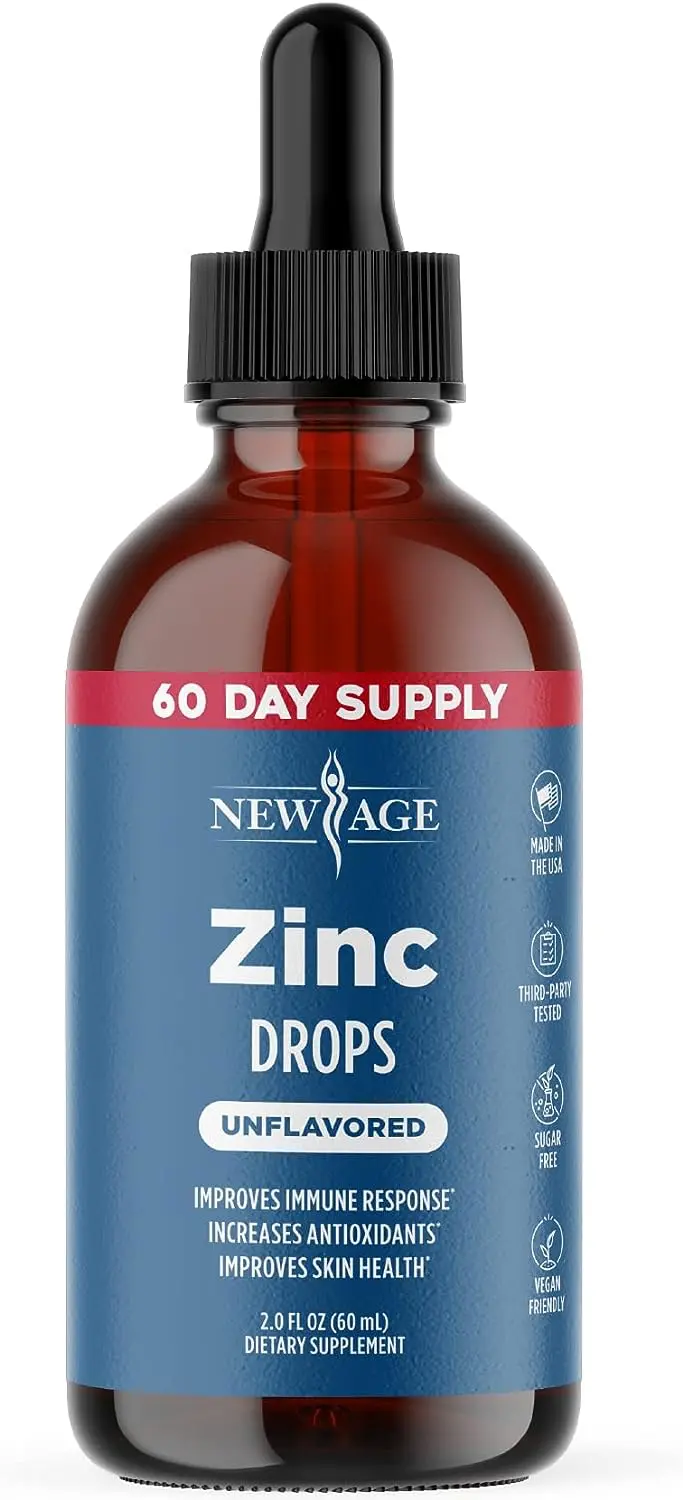
Zinc, a trace mineral, might seem tiny but packs a punch when it comes to brain function.
-
Impulsivity Check: Some studies suggest that individuals with ADHD might have lower zinc levels. Supplementing can potentially help in reducing impulsive behaviors.
-
Neurotransmitter Production: Zinc plays a role in producing and regulating neurotransmitters, ensuring the brain's chemical messengers are in sync.
Think of Zinc as the traffic cop, ensuring smooth traffic flow in the bustling city that is your brain.
Here is the Zinc I recommend from Amazon.
Iron To Balance Behavior #
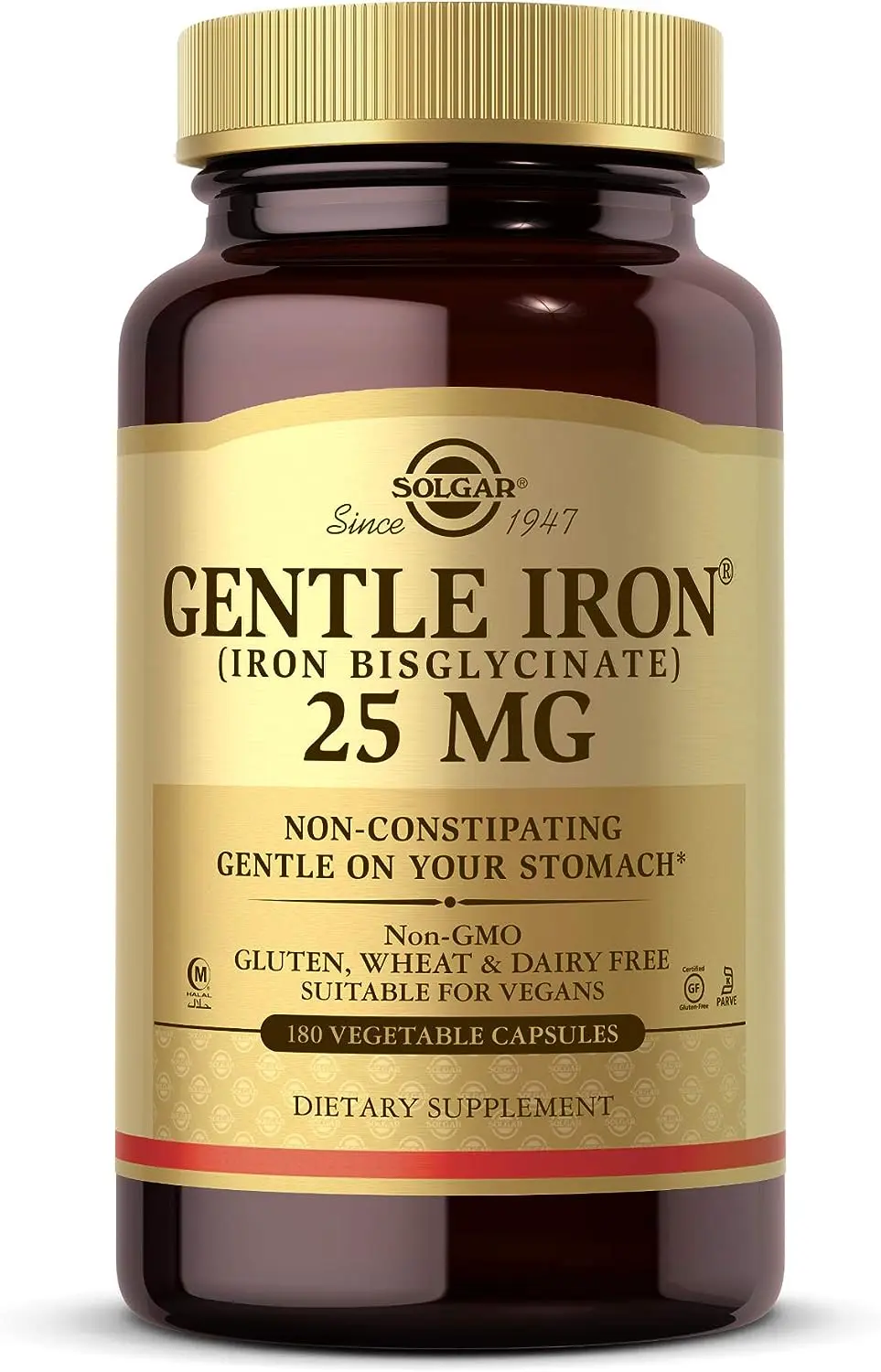
Iron is essential for producing dopamine, a neurotransmitter often linked with ADHD.
-
Behavioral Benefits: Adequate iron levels can potentially lead to improved behavior, better focus, and reduced fatigue.
-
Brain Oxygenation: Iron helps in transporting oxygen to the brain, ensuring it functions optimally.
Imagine Iron as the fuel ensuring your brain's engine runs smoothly and efficiently.
This Iron supplement from Solgar is a great choice.
Magnesium For Relaxation #
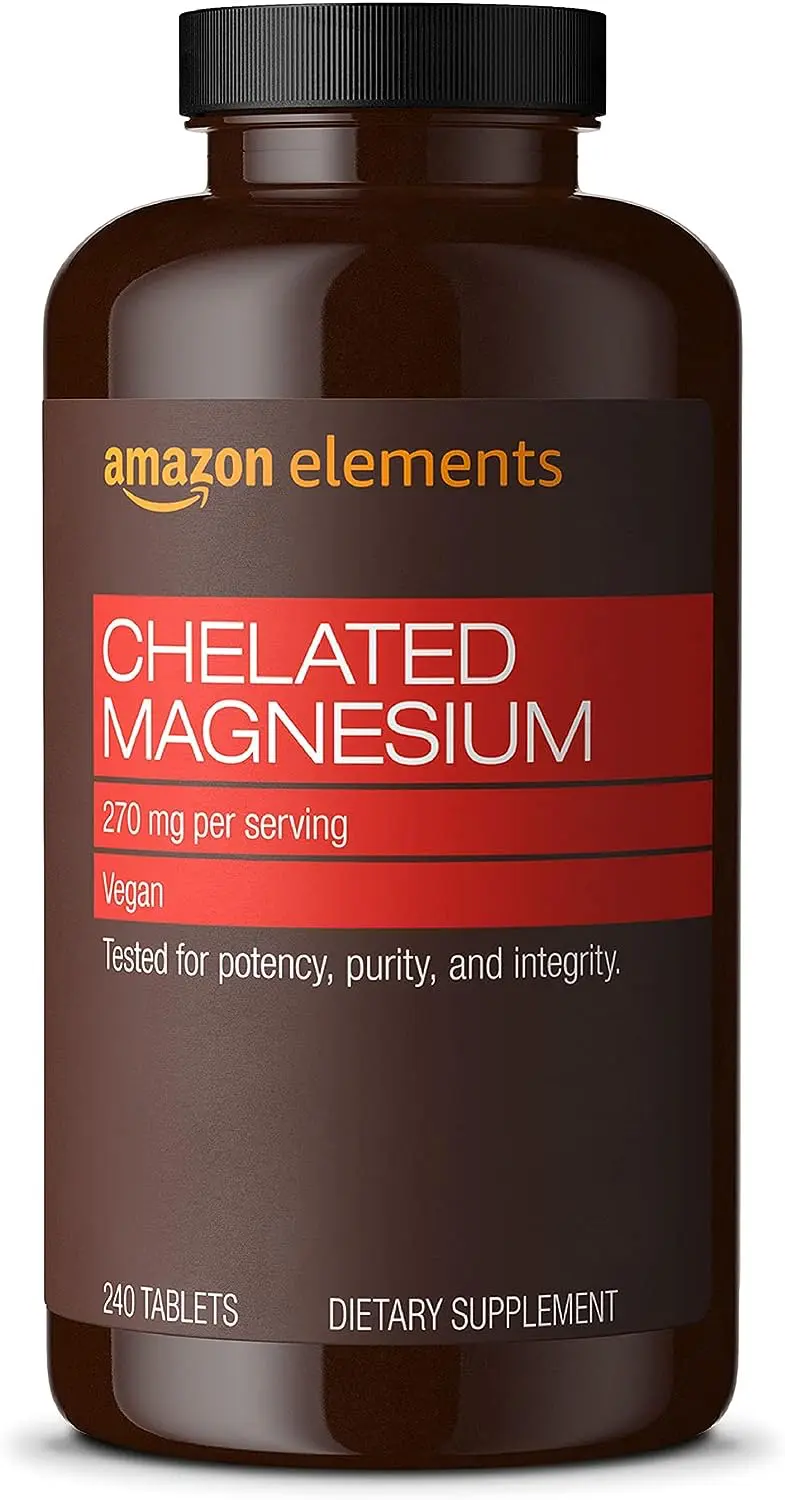
Magnesium is often termed the relaxation mineral, and for a good reason.
-
Sleep and Relaxation: Magnesium can promote better sleep, crucial for someone with ADHD. It also helps in muscle relaxation, potentially reducing physical symptoms of anxiety.
-
Neuroprotection: This mineral plays a role in protecting the brain from oxidative stress, ensuring optimal brain health.
Imagine a gentle lullaby for your brain, helping it relax and rejuvenate. That's Magnesium for you.
I recommend going for Magnesium Glycinate as it doesn't give you the burning sensation in the stomach Magnesium tends to give.
Vitamin C to Enhance Dopamine Production #
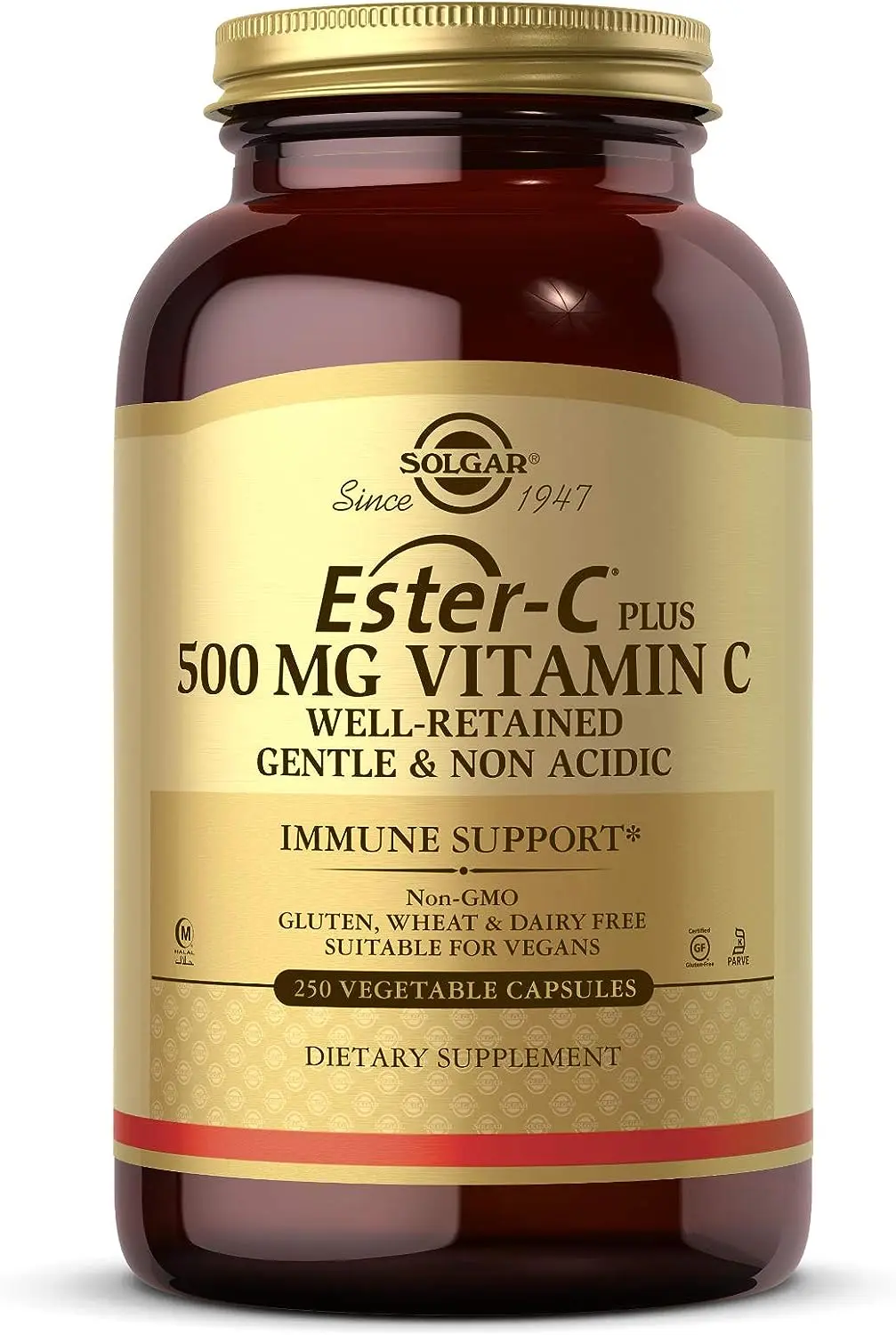
Vitamin C, beyond its immune-boosting properties, plays a role in neurotransmitter production.
-
Dopamine Production: Vitamin C is essential for converting dopamine to norepinephrine, another crucial neurotransmitter for attention and focus.
-
Antioxidant Power: Vitamin C protects the brain from oxidative damage, ensuring its health and vitality.
Think of Vitamin C as the spark plug, igniting the brain's neurotransmitter engine.
Ester-C is the best Vitamin C you can get. Buy it on Amazon.
Vitamin D for Mood Regulation and Brain Development #
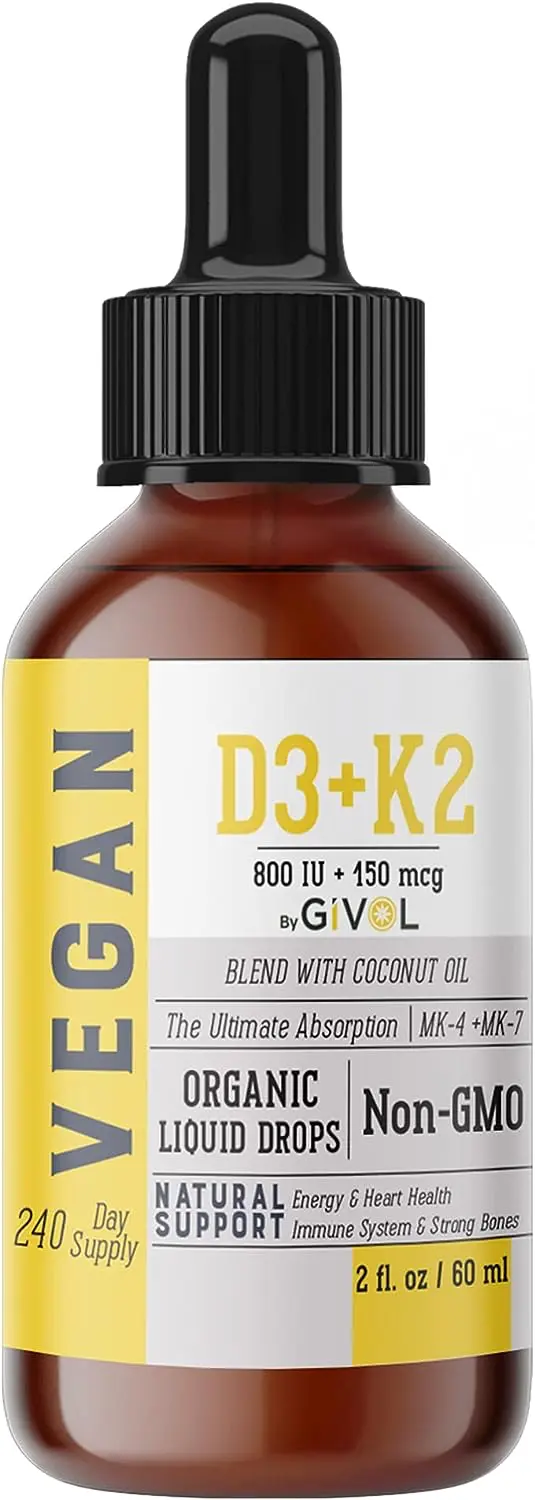
Vitamin D, often linked with bone health, also plays a role in brain function.
-
Mood Regulation: Adequate Vitamin D levels can influence mood, potentially reducing symptoms of depression often co-existing with ADHD.
-
Brain Development: Vitamin D receptors are found throughout the brain, indicating its role in cognitive development and function.
Imagine the warm, nurturing embrace of sunshine, nourishing your brain. That's Vitamin D for you.
Important Note: If you're considering taking high doses of Vitamin D (5000 IU or more daily), it's essential to also supplement with Vitamin K2. Large amounts of Vitamin D can lead to an accumulation of calcium in your bloodstream, potentially leading to clot formation. Vitamin K2 helps direct this calcium to the bones, its rightful place, ensuring both safety and efficacy.
Here is a great choice that combines both Vitamin D and K2.
Multivitamins for An All-in-One Boost #
Multivitamins provide a range of essential vitamins and minerals.
-
Overall Health: Ensuring you get all the necessary nutrients can lead to improved overall health, which indirectly can benefit brain function.
-
Filling the Gaps: For those with dietary restrictions or specific deficiencies, multivitamins can help fill the gaps, ensuring the brain gets all
Here is an excellent choice for both men and women.
For kids, go with this one.
Other Important Dietary Supplements #
Omega-3s to Enhance Concentration #
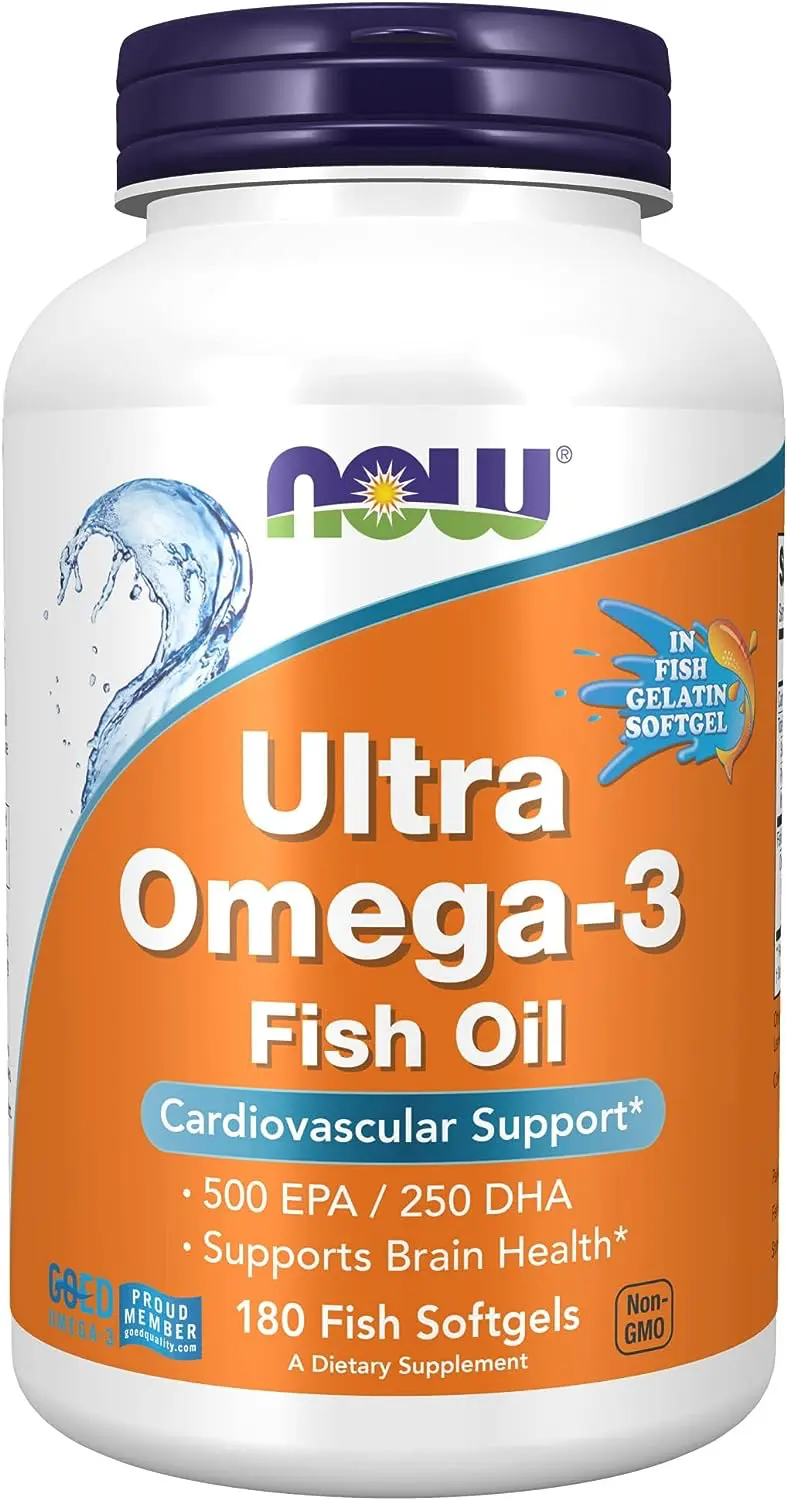
Omega-3 fatty acids, especially EPA and DHA, are like the bricks and mortar of our brain cells.
-
Concentration Boost: Omega-3s play a role in enhancing synaptic transmission, which means better communication between brain cells. For someone with ADHD, this could translate to improved concentration and attention.
-
Mood Regulation: These fatty acids can also influence mood by promoting balanced neurotransmitter levels. A stable mood can be a game-changer for someone with ADHD.
Imagine giving your brain the perfect nutrition to build strong, efficient connections. That's the Omega-3 magic.
Go with a high EPA choice like this one from NOW Supplements.
Protein to Stabilize Energy and Focus #

Proteins, especially those rich in amino acids like Tyrosine, can influence brain function.
-
Focus and Attention: A protein-rich diet can ensure steady dopamine production, leading to improved focus and attention.
-
Stable Energy: Proteins provide steady energy, ensuring the brain has a consistent fuel source throughout the day.
Imagine starting your day with the perfect fuel, ensuring your brain runs at its best. That's the power of protein.
Optimum Nutrition is one of the best protein manufacturers. Get their 100% Whey Protein here.
Melatonin for Better Sleep #
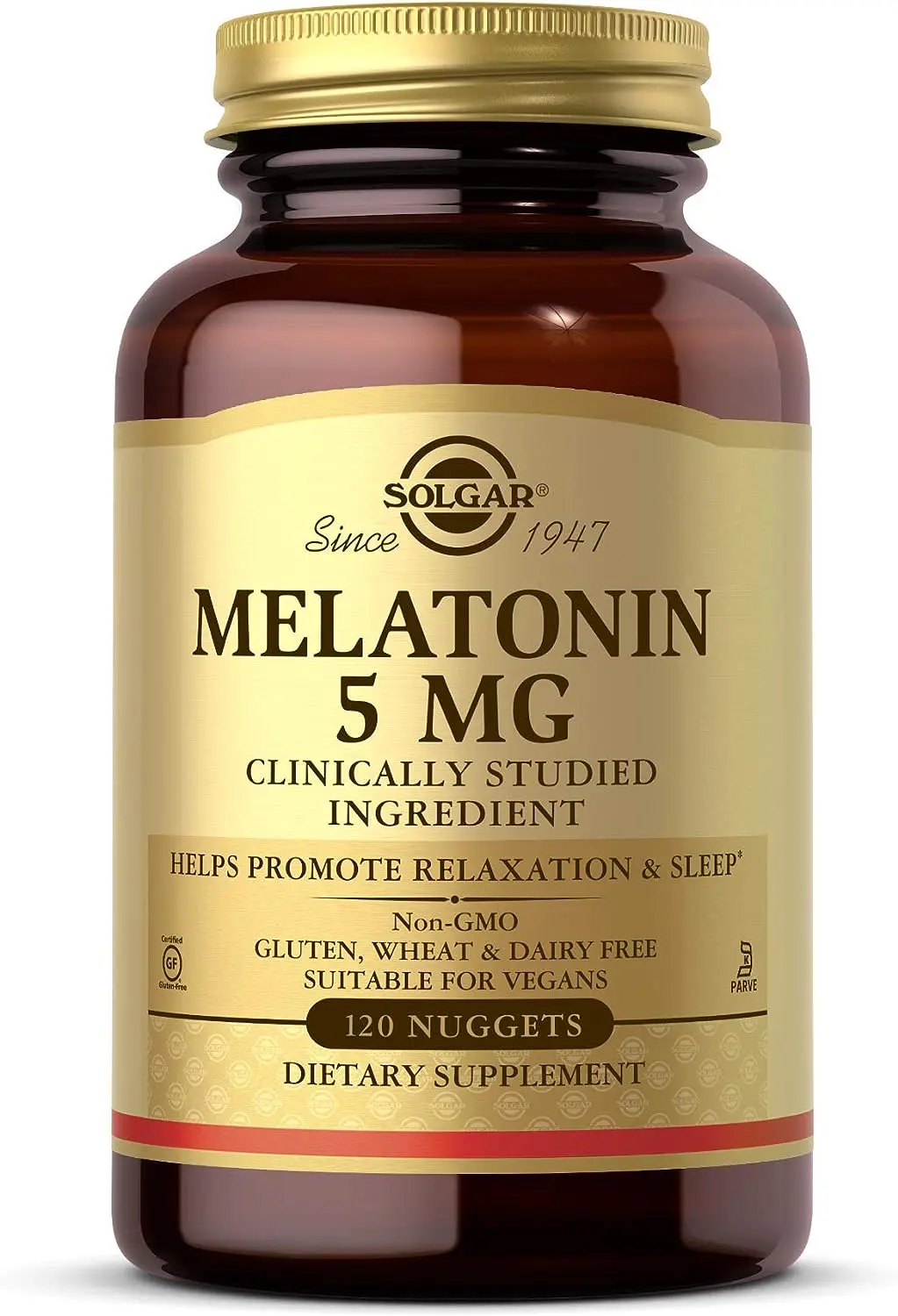
Melatonin is a hormone that regulates sleep.
-
Improved Sleep: For those with ADHD who struggle with sleep, melatonin can be a potential aid, ensuring restful nights.
-
Circadian Rhythm: Melatonin helps in regulating the body's internal clock, ensuring you're alert during the day and restful at night.
Imagine a gentle nudge, guiding you into restful slumber. That's Melatonin's gift to you.
This Melatonin from Solgar is my personal favorite.
Disclaimer: The information provided in this article is for informational purposes only and is not intended as a substitute for advice from a healthcare professional. Always seek the advice of a qualified health provider with any questions you may have regarding a medical condition or treatment. Never disregard professional medical advice or delay in seeking it because of something you have read in this article. Supplements can interact with medications and have potential side effects; always consult with a healthcare provider before starting any new supplement regimen.